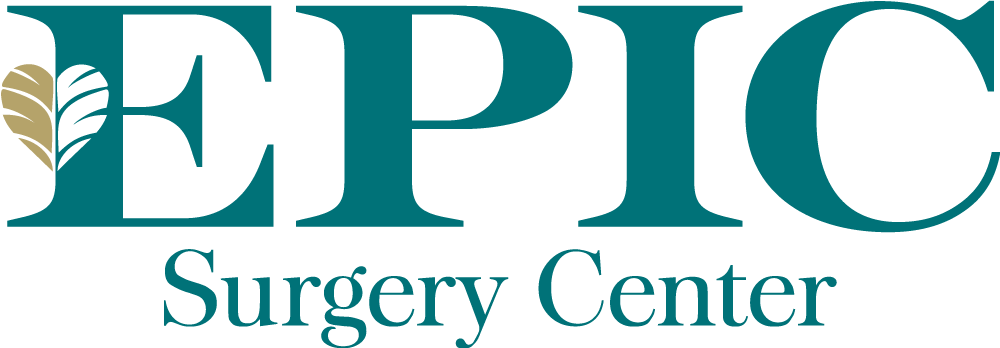Cardioversions
Scottsdale, Arizona
Did you know that even the most subtle symptoms like a skipping or fluttering sensation can be a sign of an irregular heartbeat or arrhythmia? While these sensations may be harmless, you may be at risk of developing serious concerns, including a stroke or heart disease.
If you have an irregular rhythm or your heart is beating too fast, our physicians at EPIC Surgery Center may recommend cardioversion to restore a normal heartbeat. Expect world-class care at our cardiovascular ambulatory surgery center (ASC), the only one of its kind in the Scottsdale area.
Electrical Cardioversion: An Overview
Cardioversion is a medical procedure we perform to address abnormal heart rhythms. Our physicians may recommend cardioversion if the heart is beating too fast or if it’s irregular, a condition known as arrhythmia. If not treated, arrhythmias may cause fainting, strokes, heart attacks, or even sudden cardiac death.
Electrical cardioversion involves using a device that delivers high-energy shocks through large electrode pads, resetting your heart rhythm to normal. It’s a different procedure from chemical cardioversion, which involves using medications to restore the heart’s normal rhythm. Electrical cardioversion can be successful in treating atrial fibrillation and atrial flutter providing immediate symptom relief.
What Happens Before Your Electrical Cardioversion?
Our care team will start by evaluating your symptoms to create a treatment plan. We may order tests, including a transesophageal echocardiogram (TEE), to rule out blood clots in the heart. If we locate a blood clot, we may recommend blood thinners or anticoagulants until the clot resolves.
Depending on your condition, we may recommend blood thinners to prevent blood clots from developing. Make sure to take any prescribed medications and follow the instructions we provide. You won’t be allowed to eat or drink anything for at least 6 hours before your cardioversion.
What Happens During Your Electrical Cardioversion Procedure?
Our physicians and care team will explain what to expect. The non-surgical procedure is typically completed under conscious sedation. We’ll place soft electrode pads on your chest and possibly on your back. We’ll connect these electrodes to a cardioversion machine, also known as a defibrillator.
Once you’re asleep and the electrodes are in place, we’ll send small electrical shocks to the heart to “reset” your heartbeat to a normal rhythm. We’ll use various devices to monitor your heart during the procedure.
What Happens After a Cardioversion?
You’ll wake up a few minutes after your cardioversion. We’ll closely monitor you for a few hours to ensure everything is on track. You’ll be discharged the same day. You may feel sleepy for a few hours, so make sure you arrange for someone to drive you home and stay with you for the day. After your procedure, you will likely require blood-thinning medication for at least a month.
Healthy Habits for Healthy Hearts
Maintaining a heart-healthy lifestyle will help ensure that cardioversion produces the best results and that your heart thrives. Make sure you consume a healthy, nutritious diet rich in fruits, vegetables, whole grains, and omega-3 fatty acids and limit trans fats and saturated fats. It’s also essential to exercise, lose excess weight, quit smoking, and limit alcohol consumption.
